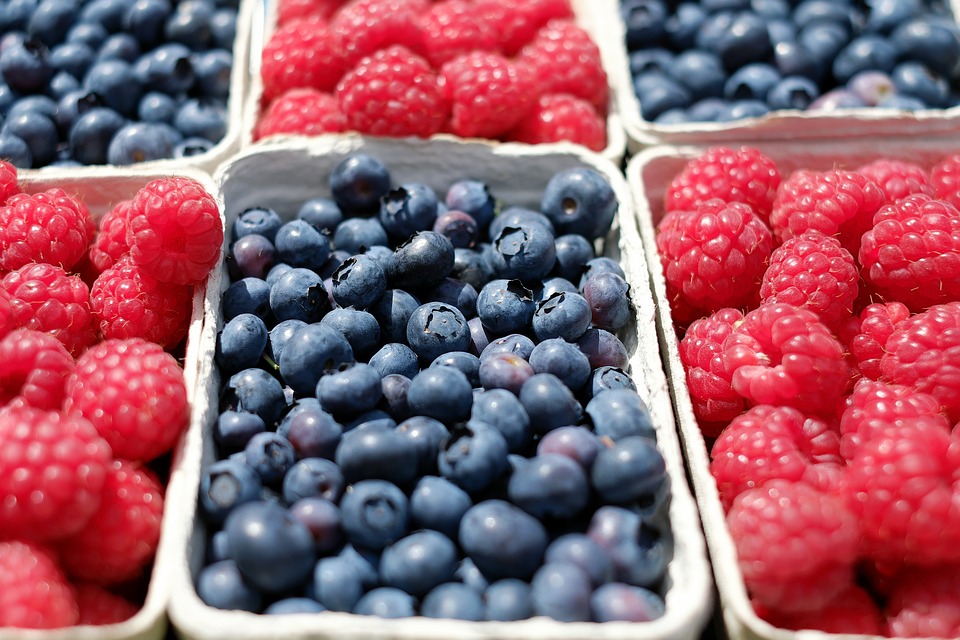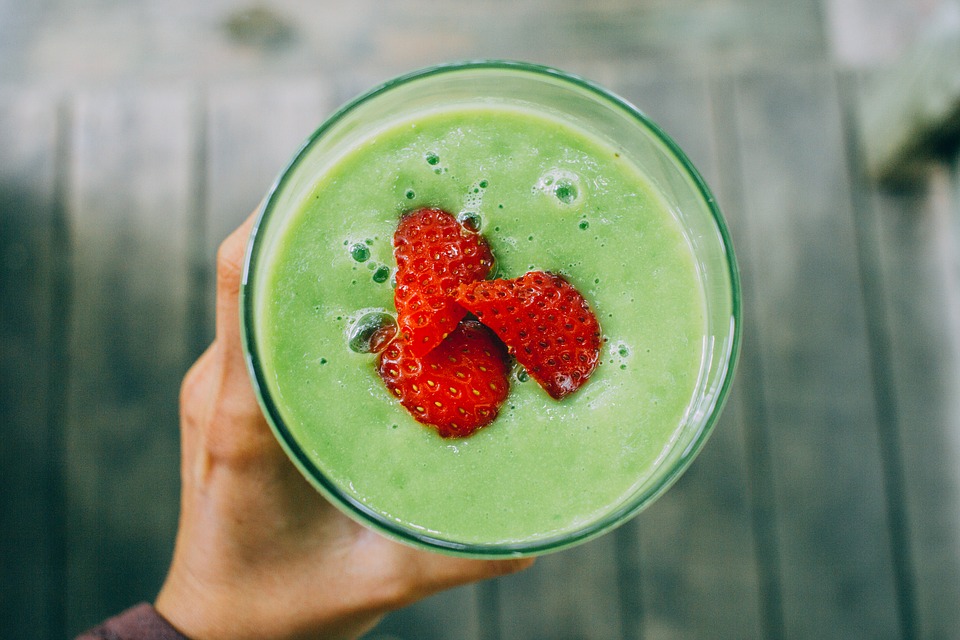Fructose Guide
 Fructose is a type of sugar that is known to be found in fruits and honey. It is one of the sugars that make up sucrose alongside glucose.
Fructose is a type of sugar that is known to be found in fruits and honey. It is one of the sugars that make up sucrose alongside glucose.
Fructose has recently come under a lot of scrutiny. For many years now we have understood the benefits of eating fruits. However, research is now identifying the negative effects that too much fructose has on the body. Consuming foods high in sugar including fruits that are high in fructose can feed undesirable flora (Bacteria, Parasites, Viruses and Yeast) within the body, particularly the gut. It also stresses the bodies sugar balancing mechanisms. This allows the bad bacteria to multiply and cause an imbalance. This makes the body crave more sugary foods ultimately increasing the imbalance.
The symptoms of the imbalance can be both physical and emotional. Below are just some of the many examples of how excess fructose can affect your wellbeing.
- Fatigue
- Low motivation
- Emotional ups and downs
- Rashes and irritations
- Compromised immunity (Increased allergy response, and poor immune defenses)
- Brain Fog
- Irritability
- Allergies to other foods
When your nutritional state is balanced, the body is then more equipped to function at its optimal potential. It is has to ability to adapt with both emotional and physical pressures that day to day life throws our way.
Below is a list of other affects caused by fructose.
- Fructose can only be metabolized by the liver and can’t be used for energy by your body’s cells. The liver then converts fructose into fat.
- Insulin resistance causes fluctuations in our ability to regulate our blood sugar, thus causing a desire for more carbs and snacks.
- It can damage other cells in the body which can contribute to the development of a multitude of chronic diseases such as cancer, obesity, diabetes and heart disease.
- While most of your body’s cells can’t use fructose as a source of energy, the bacteria in your gut can. The excess fructose can cause gut-health issues.
Fructose is highly addictive as it doesn’t trigger the “I’m full now” message and is twice as sweet as glucose. This doesn’t mean that we should stop consuming fruits but it does mean that we have to take into consideration how much we are consuming, what types of fruits we should eat less of and to avoid the sugar hits like dried fruit and juice.
| Fruits high in fructose | Fruits low in fructose |
|
|
![]()
Low Fructose Smoothie

Ingredients
1/4 of a Banana
1 kiwifruit
1 handful of leafy greens
1 small handful of mixed berries
1 tbsp of chia seeds
and coconut water
Method:
1. Blitz all ingredients together to form a smoothie.
2. If you use frozen fruit it will make your smoothie cold, otherwise you can use ice.

